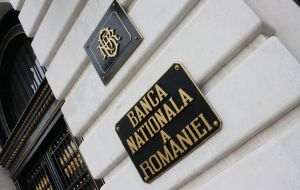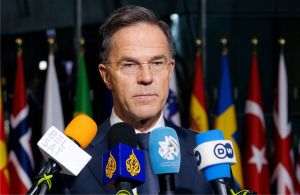Changes in direction in terms of energy production cost a lot. Nuclear power representatives gathered in Brussels last week amid a wave of public support for nuclear power plants, but were met with timid reaction from bankers footing the bill for their ambitious projects, reports Bloomberg. The International Atomic Energy Agency (IAEA) has convened a Nuclear Energy Summit in Brussels to push for a low-emissions technology that many see as crucial to achieving climate goals. Several countries, mainly in the West, have pledged to triple nuclear power production by 2050, but bankers have sounded the alarm about the program's huge costs. "If the bankers are unanimously pessimistic, this becomes a self-fulfilling prophecy," said the former US Secretary of Energy, Ernest Moniz, after listening to a panel of representatives of some international banks, who explained that they are not willing to advance the 5,000 billion dollars that the nuclear energy industry needs by 2050. "The bankers are asking for proven economic arguments. We have to find a way to make nuclear energy predictable, stable, bankable and affordable," said the Czech minister of Industry, Jozef Sikela. Nuclear power plant projects in the West have been plagued by delays and cost overruns in recent decades. The EU's newest nuclear reactor, Olkiluoto 3 in Finland, started producing electricity last year, more than a decade later and at a budget three times the original plan. Similarly, in the US, the Vogtle nuclear power plant started production with a delay of seven years and with cost overruns of 16 billion dollars. "The risks of these projects, as we have seen in reality, seem to be very high", is the opinion of the vice-president of the European Investment Bank, Thomas Ostros. He added that although the EIB, the largest multilateral financial institution, does not close the door to nuclear power, it still recommends that countries in urgent need of electricity focus on renewables and improving energy efficiency. China and Russia build the most reactors. But their state-supported development model is opposed to the emphasis placed by Europe and the US on private capital. This will most likely have to change if Western economies are to maintain nuclear power's market share. "We need the involvement of the state. I don't see another model. We probably need a fairly large involvement of the state to make the projects bankable," said Ostros. For their part, Ines Rocha, a director at the European Bank for Reconstruction and Development, and Fernando Cubillos, a banker at the Latin American Development Bank, also said that their lending priorities lean towards renewables and transport networks. nuclear energy being in the background.
Climate: Nuclear power production involves huge costs
O.D.
English Section / 26 martie 2024























































